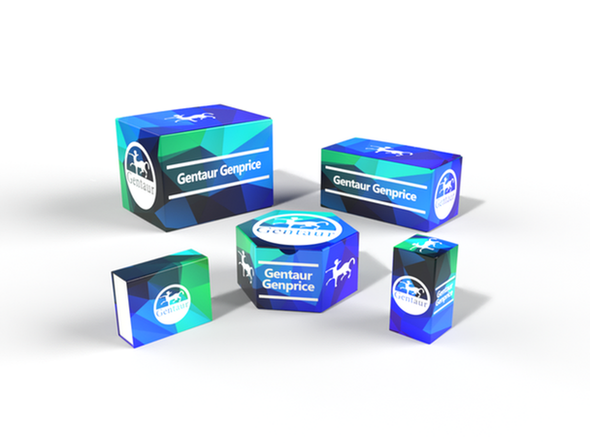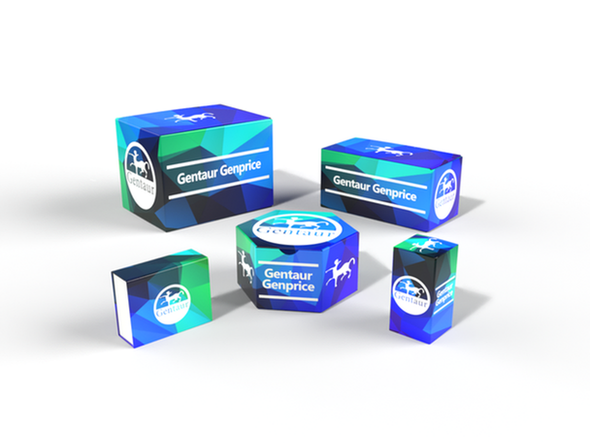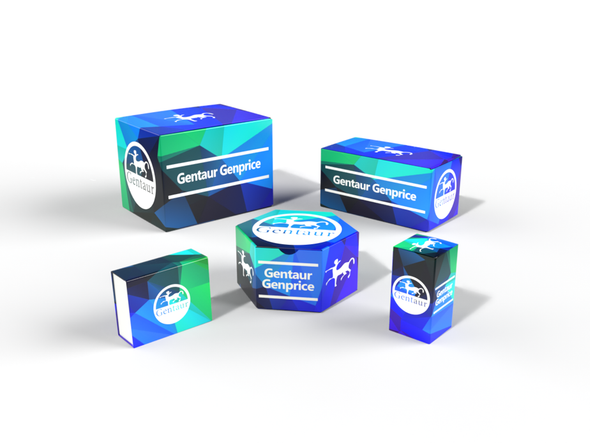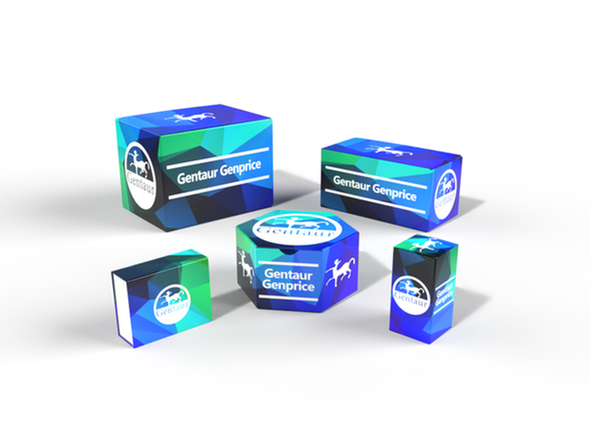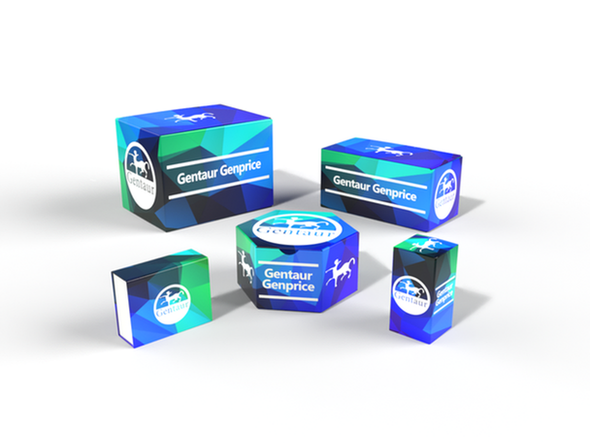50
UIBC assay kit (Bathophenanthroline)
- SKU:
- 50-CBC-800-GEN
- Availability:
- Usually ships in 5 working days
Description
UIBC assay kit (Bathophenanthroline)
Product description
Iron is an essential element in mammalian. Iron is contained in various enzymes and is involved in oxidation reaction. Iron is essential to a transport of oxygen as composition element of hemoglobin or myoglobin. 30% of the transferrin has associated with Fe3+ in blood. Transferrin which iron has not associated is free transferrin. TIBC (Total iron binding capacity) = UIBC (Unsaturated iron binding capacity) + Serum iron. TIBC level changes in blood disorder, hepatic disease, tumor, and inflammation. UIBC level is increased in patients with iron deficiency. Decreased levels are seen in patients with infection disease, malignant, nephrosis syndrome, and low proteinosis. This UIBC Assay reagent kit utilizes the chromogen bathophenanthroline to bind Fe2+. Transferrin in serum is saturated by the addition of buffer which known concentration of Fe3+. Unbound Fe3+ is then reduced to Fe2+ by a reducing agent. The Fe2+ react with bathophenanthroline to form a colored complex which is measured 96-well reader or spectrophotometer and is proportional to the amount of UIBC present.
Specifications
Metallo Assay UIBC Assay kit LS is intended for the quantitative determination of unsaturated iron binding capacity (: UIBC) in serum sample by 96-well reader use.
- Target: unsaturated iron binding capacity(UIBC)
- Measuring range: 10-800 μg/Dl
- Species: all.
- Sample: serum, plasma.
- Apparatus: UV/Vis 96-well reader or spectrophotometer
- Wavelength: 546 nm (540-550nm)
Procedure: 10 min
Operation
1. Sample preparation
◇Serum or Plasma
Insoluble substances in serum and plasma samples should be
removed by filtration or centrifugation. EDTA-plasma cannot
be used.
2. Assay preparation
Bring all reagents to room temperature before use.
3. Assay procedure.
Procedure using microplate reader.
(1 assay sample 250µL)
OAssay
(1) Add 200 µL of R-A to each well.
(2) Add 20 µL of Distilled water (Blank) /sample into each well and incubate at room temperature for 5 min.
(3) Read the absorbance at 546 nm(main) and 600 nm (sub). --> OD1
(4) Add 30 µL of R-R to each well and incubate at room temperature for 5 min.
(5) Read the absorbance at 546 nm(main) and 600 nm (sub). --> OD2
* Select the filter: 540-550 nm at 546nm(main).
Note
- Unstableness of incubation temperature may result in unstable results.
- Use disposable test tube and glassware washed with 1M HNO3 or 1M HCl solution and distilled water
- Accuracy in pipetting volume for samples and reagents may affect the quality of assay. Please note that samples, R-A Buffer and Working R-R Chelate color must be poured accurately µL level.
- Temperature for chromogen reaction may affect optical density. Please try to extend or shorten chromogen reaction time depending on room temperature.
- In the cell lysate or the tissue extract use as specimen, high concentration of proteins or lipid, may affect observed value. Please remove its by ultrafiltration or centrifugation.
Performance
Measuring range: 10 – 800µg/dL
Imprecision: Imprecision was evaluated using commercially available quality control serum.
Within run
|
| Mean ug/dl | S.D | C.V % |
| Level 1 | 146 | 3.6 | 2.4 |
| Level 2 | 232 | 2.6 | 1.1 |
Interferences
No interference by the note of substances were observed.
Conjugated bilirubin and unconjugated bilirubin 40 mg/dL Chyle 1,000 FTU
Expiration date and preservation conditions
Additional Information
Size: |
100 Tests |
Type of Marker: |
Trace elements assay |
Marker: |
Cu |
Storage: |
2 - 8°C (don't freeze). |
Colorimetric: |
570-590 nm |
Assay range: |
3-400 ug/dL |
Usage: |
Urine, Serum, Tissue |
Remark: |
Can detect total (free and ceruloplasmin - bond) copper. Also applicable to extractes from tissues, plants and hair. |


